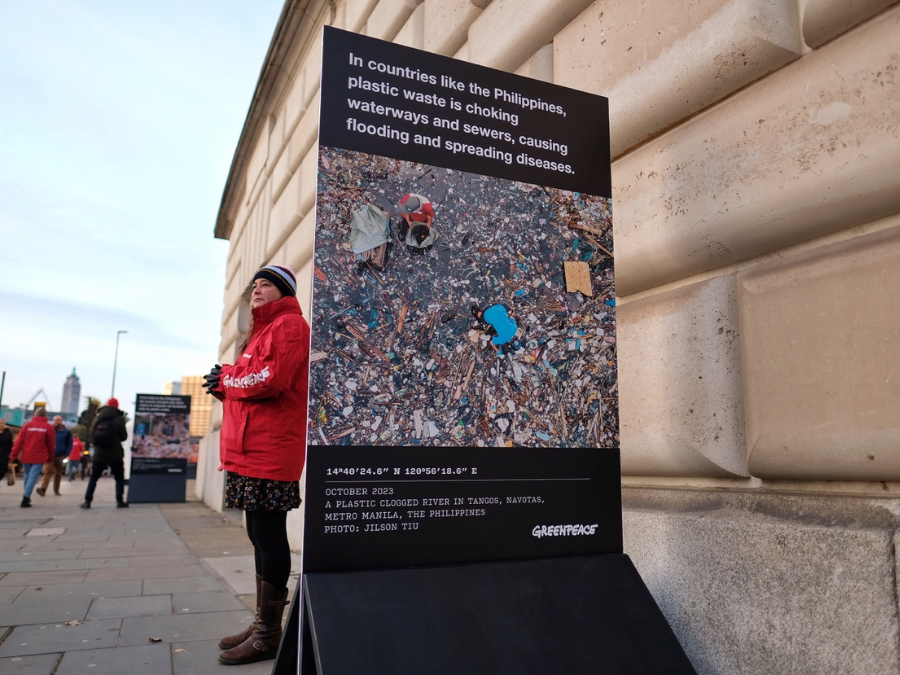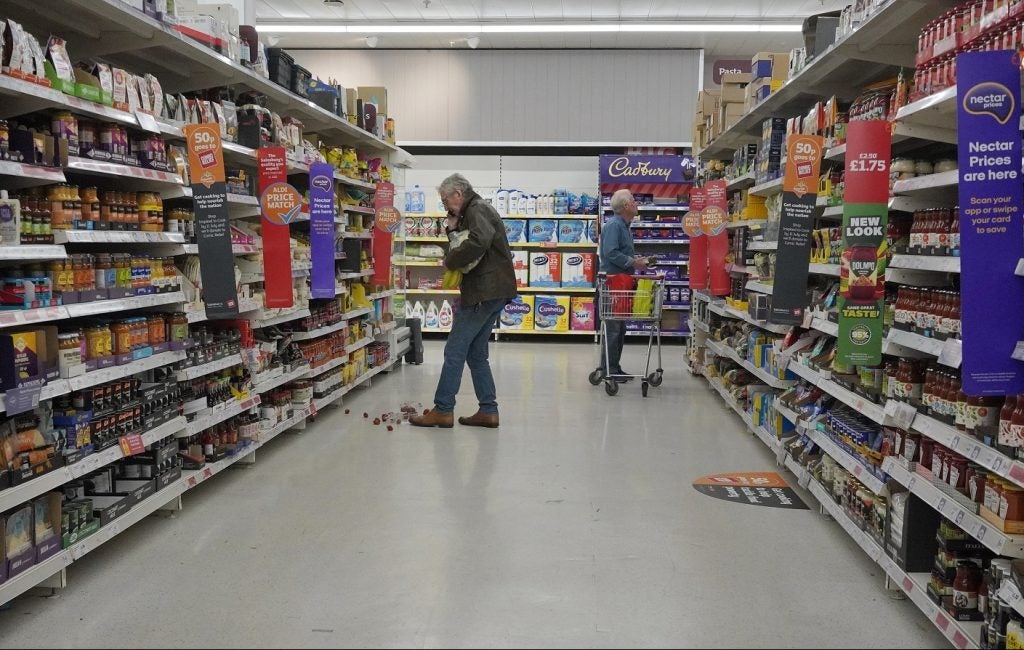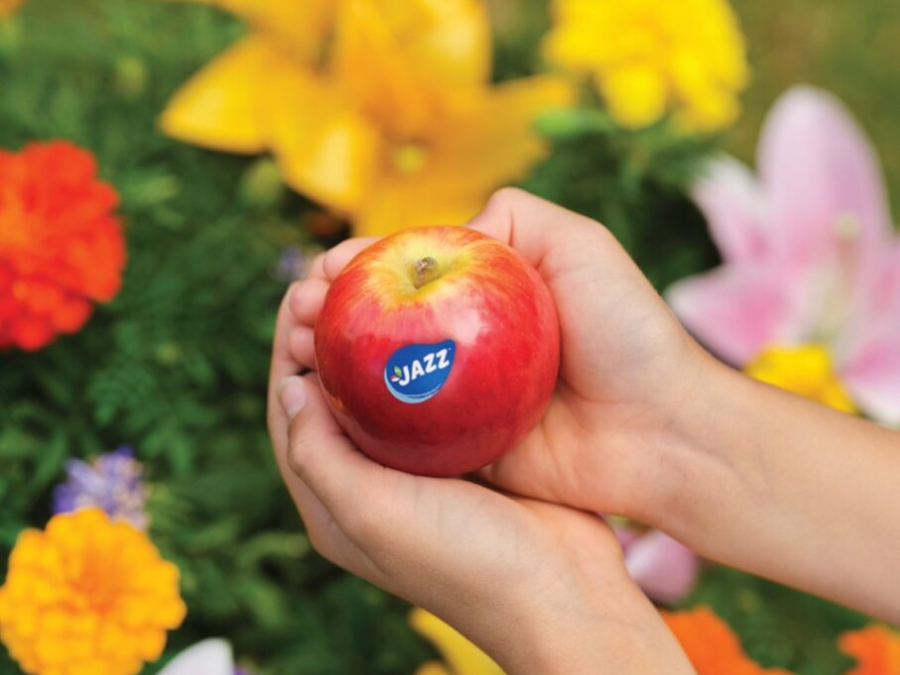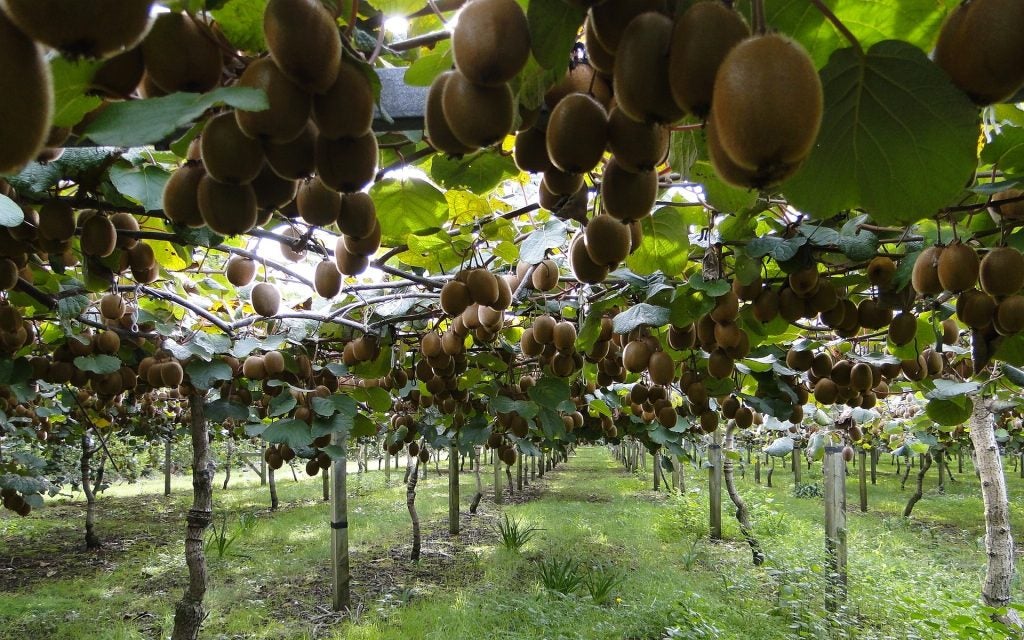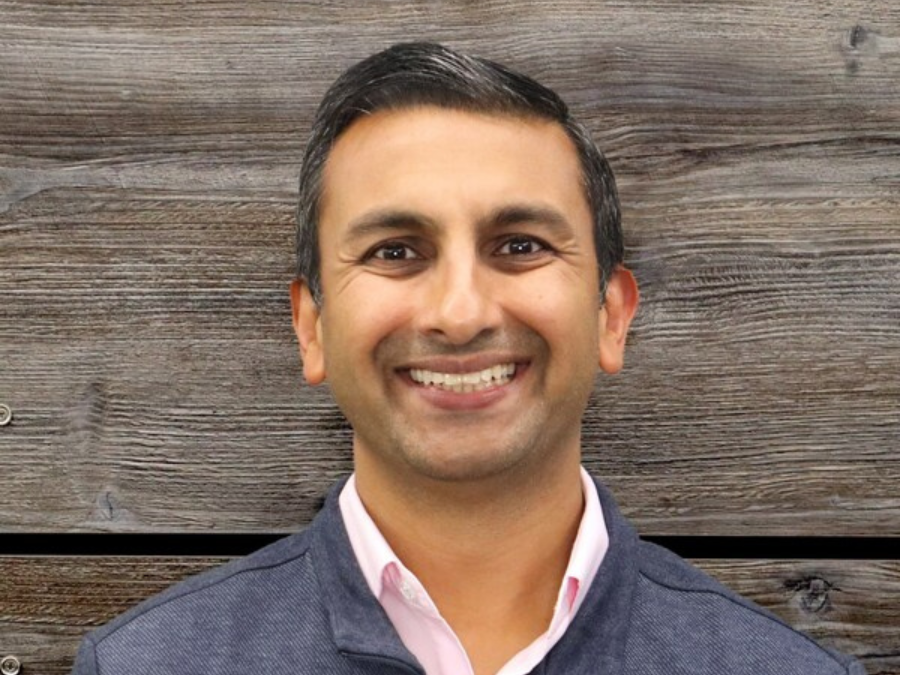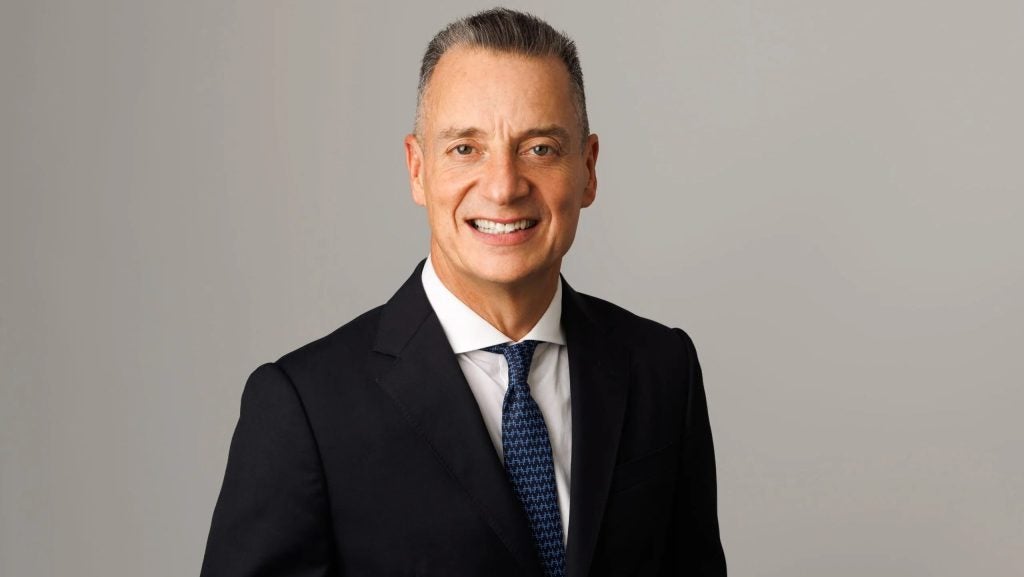Unilever has been slammed by environmental NGO Greenpeace for not reducing its plastic footprint “at all” since 2017.
The group's report - which analysed Unilever's own reports as well as those from the Ellen MacArthur Foundation (EMF) - said the Ben & Jerry’s ice cream and Marmite owner produced 610,000 tonnes of plastic packaging in 2017 but went on to produce 698,000 tonnes in 2022.
UK-based Unilever is the biggest corporate seller of plastic sachets in the world, according to Greenpeace, and is predicted to sell over 53 billion sachets in 2023. Global south countries including the Philippines and Indonesia are calling for these sachets to be banned “due to their appalling environmental and health impacts”.
Greenpeace added that Unilever has aimed to cut its virgin plastic use in half by 2025, but at its current trajectory, this won’t be achieved until at least 2034.
It also said 0.2% of Unilever’s plastic packaging is currently reusable, while the company has yet to set a reuse target.
“The company must spearhead an industry-wide movement, one that transitions businesses away from single-use plastics and towards the adoption of at-scale reusable packaging systems around the world,” the report said.
Responding to the report, a Unilever spokesperson said that tackling plastic pollution is a “top priority” for the company which is still making progress across all its plastic goals.
The company is a member of the Business Coalition for a Global Plastics Treaty, which is campaigning for a legally binding UN plastic treaty. “In the past few years, we have rapidly increased our use of recycled plastic (PCR) in our global portfolio to 21%,” the spokesperson said.
“The Ellen MacArthur Foundation recently called out Unilever as one of the businesses making the most progress to reduce its virgin plastic packaging footprint.”
The latest EMF report stated that some FMCG giants are woefully behind on their 2025 sustainable plastic use targets - notably Nestlé, Mars and PepsiCo.
“We’re working on a range of solutions to reduce our use of plastic sachets, which are difficult to recycle, and replace them with alternatives. This is a complex technical challenge, with no quick fixes, and we are fully committed to working with industry partners and other stakeholders to develop viable, scalable alternatives that reduce plastic waste,” the Unilever spokesperson added.


